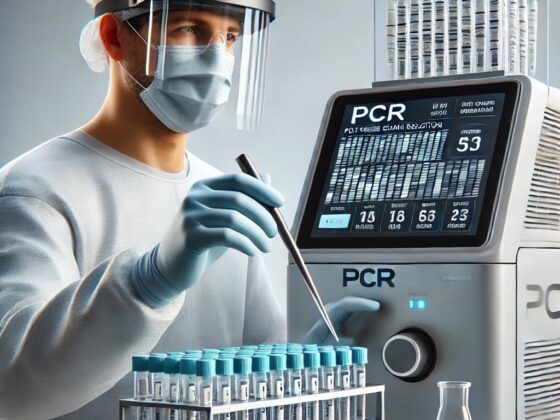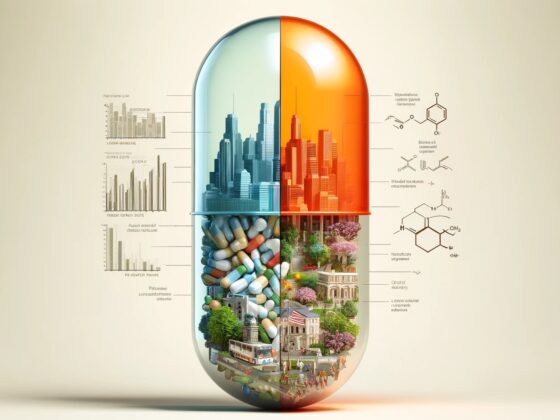Gastrointestinal Diseases and Their Symptoms
Gastrointestinal diseases encompass a wide range of conditions that affect the digestive tract, including the stomach, intestines, and associated organs. These diseases often present with common symptoms such as diarrhea, vomiting, abdominal pain, and nausea, yet they can be caused by a variety of pathogens including bacteria, viruses, and parasites. Despite the overlapping symptoms, the underlying causes of these diseases are diverse, necessitating different approaches to diagnosis and treatment. For example, bacterial infections like those caused by Salmonella spp. and Clostridium difficile often require antibiotic therapy, whereas viral infections such as those caused by norovirus and rotavirus typically involve supportive care such as hydration, rest and symptom relief. Parasitic infections, like those caused by Giardia lamblia or Entamoeba histolytica, demand specific antiparasitic treatments. Identifying the precise pathogen responsible for the illness is critical, as it allows for tailored treatment, effective symptom management, and prevention of complications, highlighting the importance of accurate diagnostic tools in managing gastrointestinal diseases.
How Treatment Differs for Different Pathogens:
Bacterial Infections: These might require antibiotics, but the choice of antibiotic depends on the specific pathogen. For instance, Clostridium difficile infections might require metronidazole or vancomycin, while Salmonella infections might only require supportive care unless the patient is immunocompromised or the infection is severe. It is also particularly important to avoid over-prescription of antibiotics and understand the antibiotic resistance patterns through correct identification of bacteria.
Viral Infections: These are typically managed with supportive care, including hydration and rest. Antiviral drugs are usually not necessary for common gastrointestinal viruses like norovirus or rotavirus.
Parasitic Infections: Treatment often involves specific antiparasitic medications. For example, Giardia lamblia is treated with drugs like metronidazole or tinidazole, while Entamoeba histolytica might require a combination of metronidazole followed by paromomycin to clear the infection.
Toxin-Mediated Infections: Pathogens like Vibrio cholerae produce toxins that cause severe symptoms. Treatment focuses on aggressive rehydration and, in some cases, antibiotics to reduce the bacterial load and toxin production.
Distinguishing between these pathogens through molecular testing is essential for ensuring that patients receive the most appropriate, effective, and safe treatment. It also helps in preventing the spread of infectious diseases and managing public health more effectively.
The prognosis and management of gastrointestinal diseases depend significantly on the identification of the specific pathogen involved, as different pathogens can cause diseases of varying severity. For example, Enterohemorrhagic E. coli (EHEC) can lead to hemolytic uremic syndrome (HUS), a serious complication requiring immediate and targeted medical intervention. Accurate identification of the pathogen also plays a crucial role in infection control and public health, as some pathogens, such as norovirus and Vibrio cholerae, are highly contagious and have significant public health implications. Recognizing these pathogens early allows for the implementation of appropriate infection control measures, helping to prevent outbreaks and protect public health. Additionally, certain pathogens like Helicobacter pylori are linked to chronic conditions such as peptic ulcers and gastric cancer, making early identification essential for timely treatment and the prevention of long-term complications.
At Alliance, the use of PCR (Polymerase Chain Reaction) technology for the identification of gastrointestinal pathogens plays a crucial role in providing precise and timely diagnosis. This advanced molecular testing allows us to accurately distinguish between various bacteria, viruses, and parasites, ensuring that patients receive the most appropriate and effective treatment.



